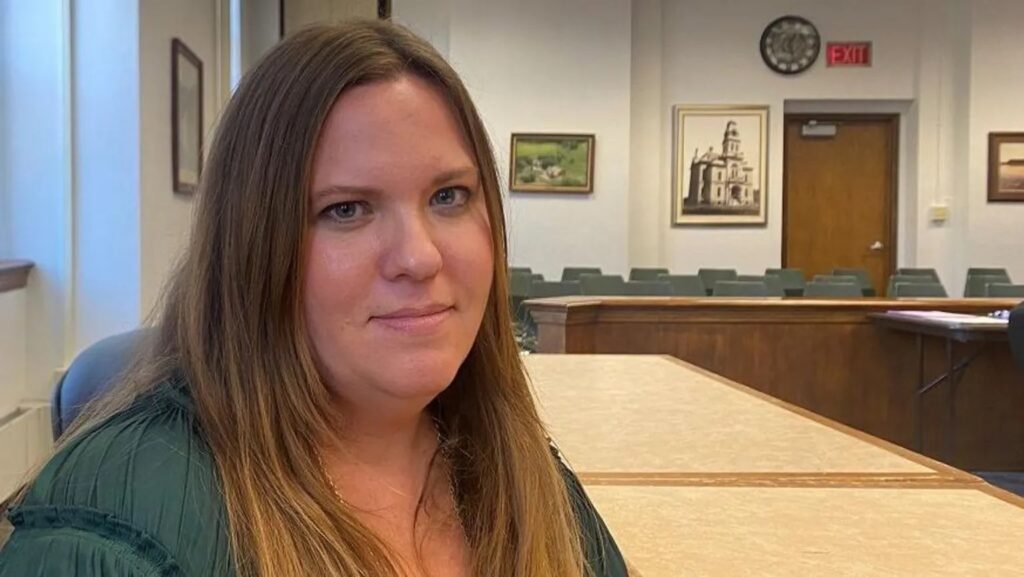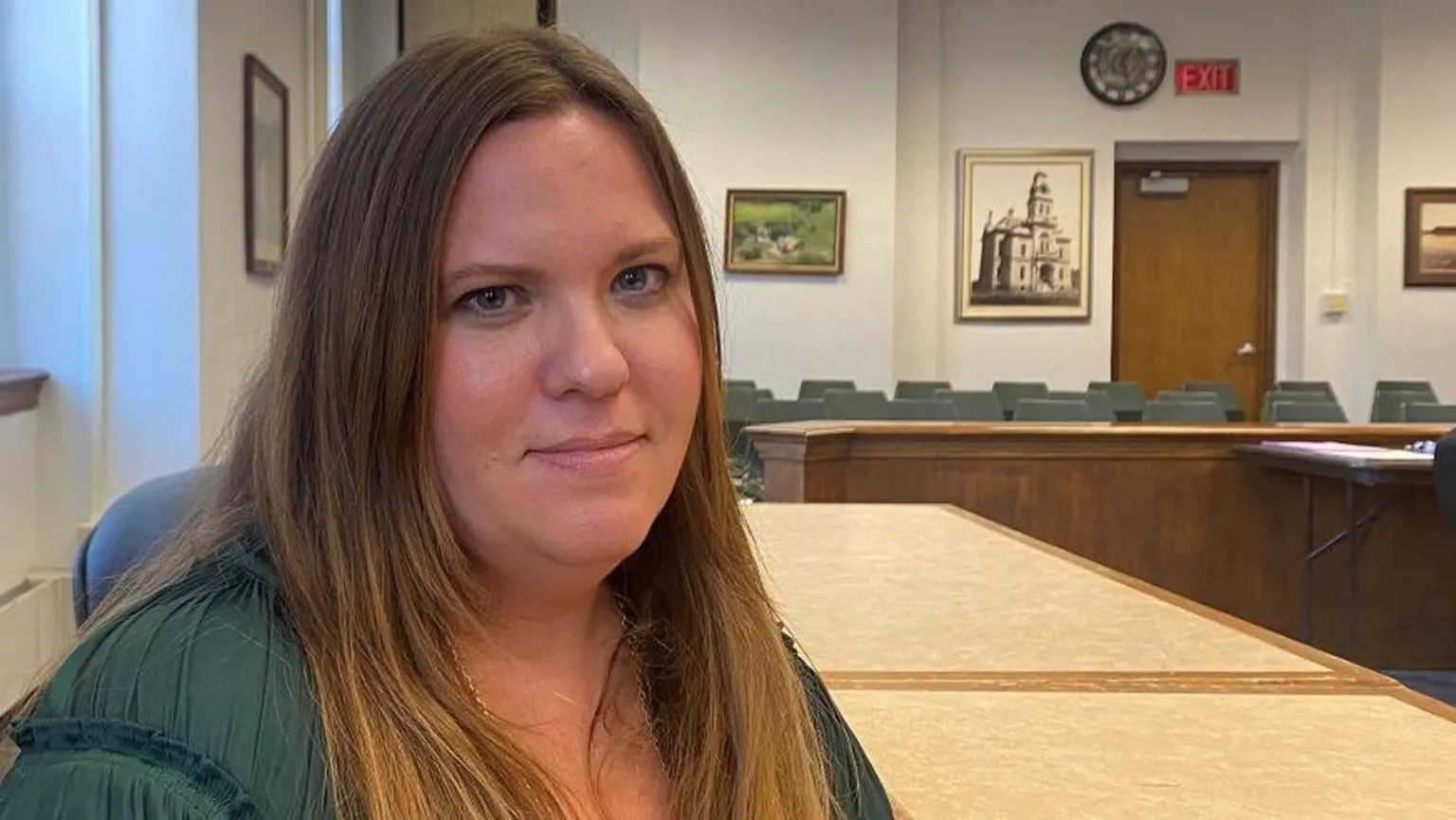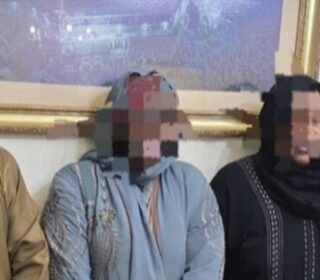
Kris Burlingame got a surprise on testing day.
A long-time election volunteer and former clerk in the Wisconsin village of Alma Center, she is well-versed in election law, including the routine requirement to invite the public to watch tests of voting machines.
Usually, nothing happens. No member of the public had actually taken up such an invitation, she said – until one man showed up during the most recent test on 1 August.
“He had just moved into the area and he was belligerent, angry,” Ms Burlingame said.
The middle-aged man started taking pictures and asking questions – how did the machines work? Were the machines connected to the internet? (They weren’t, but he insisted on being shown the internet connections).
“These are the machines that changed everyone’s votes,” the man said, repeating a widely spread and debunked conspiracy theory about a particular brand of voting machine.
“I said, ‘There’s no way they can do that’,” Ms Burlingame recalls. “He was not happy with me.”
Eventually the man left, but the incident gave her pause.
“It made me nervous. I wasn’t afraid… but it did make me stop and think, what is the election going to be like? Are we going to have more of this?”
Incidents like the one in Alma Center, a village of around 500 people in largely rural Jackson County in western Wisconsin, have become increasingly common throughout the country in recent years, experts say.
As a result, officials are preparing for another high-stakes election on 5 November by bolstering security to keep workers safe at polling places. They are also working to protect against possible intimidation of voters or tampering with the voting process.
Threats against election workers have increased since the 2020 presidential election which Donald Trump and his allies falsely claimed to have won.
Conspiracy theories about the voting process led to threats against election workers, and culminated in the 6 January 2021 riot at the US Capitol.
Now, suspicion about elections has become so pervasive that it has moved well beyond urban areas with large vote-counting operations and crept into places like Jackson County. Wisconsin is a battleground state which President Joe Biden won by fewer than 21,000 votes four years ago.
Election workers are on the frontlines.

















